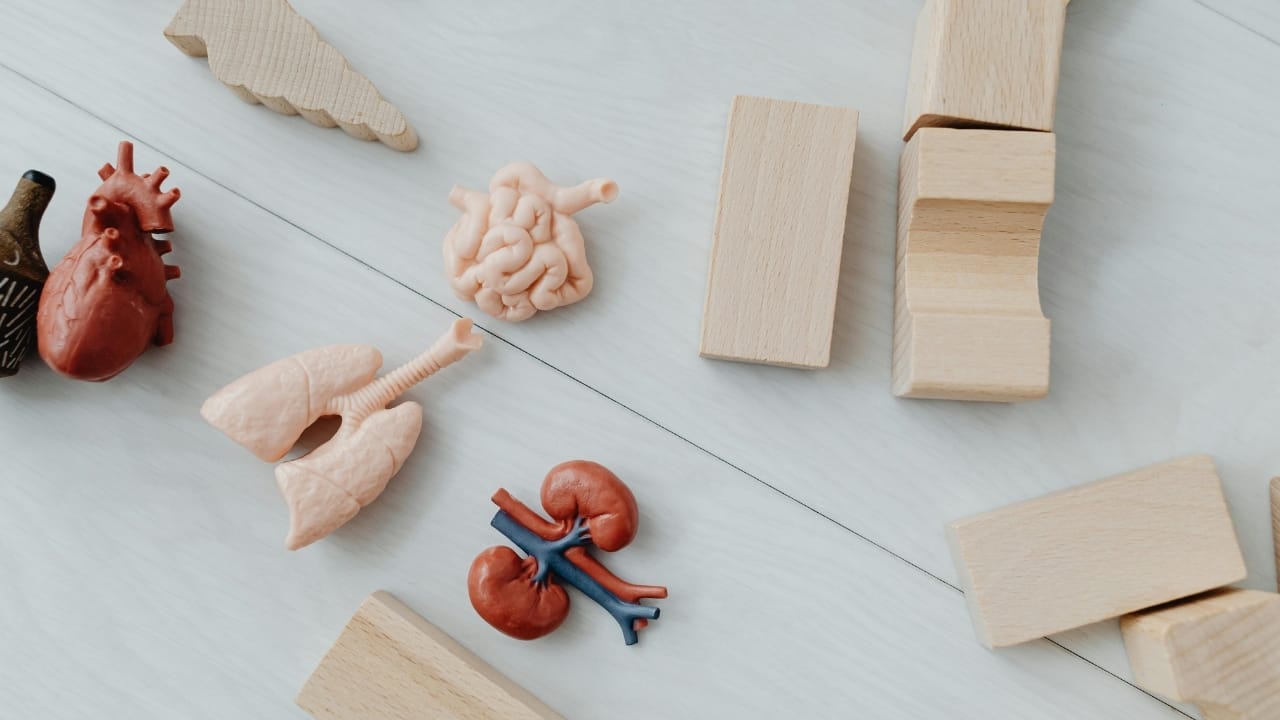
What is Chronic Kidney Disease
Earlier known as chronic renal failure or insufficiency, chronic kidney disease now encompasses a longstanding, (likely more than three months), progressive, and irreversible worsening of renal function and a reduction in the rate at which the kidneys filter blood so as to form urine. Some abnormalities may only be found after laboratory investigations while others can become obvious.
What’s behind CKD
Chronic kidney disease can occur due to various causes, including diabetes mellitus (diabetic nephropathy), systemic lupus erythematosus (SLE), diseases that affect the joints like gout, and tumours. It can also be a consequence of accelerated hypertension and infectious diseases like tuberculosis.
Symptoms in Early Stages
Even though there is a progressive loss of function of the kidneys, people in the early stages of chronic kidney disease may not show any symptoms. The levels of serum urea and creatinine in your body may roughly correlate with the appearance of symptoms. Commonly, clinical features appear when your serum urea levels cross 40 mmol/L.
Urinary and Immune System Changes
Excessive urination during the day, and especially during night time, can be seen in patients of chronic kidney disease. This happens because your kidneys are not able to adequately concentrate the urine. Becoming susceptible to infections is also quite common, because of reduced cellular immunity.
Anaemia and Fatigue
The kidneys are responsible for the action of erythropoietin, which plays an integral part in the production of red blood cells. Chronic kidney disease can lead to a reduction in the number of red blood cells, thus reducing the amount of haemoglobin which ultimately leads to anaemia. Features of anaemia include fatigue and shortness of breath on walking.
Gastrointestinal Effects
Loss of appetite, nausea, vomiting and episodes of diarrhea are some gastrointestinal symptoms that occur because of accumulation of nitrogenous waste products, since the kidney is unable to excrete unwanted products adequately. Fatigue and malaise are also features of chronic kidney disease.
Endocrine Disruption
Endocrine glands are responsible for releasing hormones that function as chemical messengers in the body. The hypothalamus and the pituitary gland are responsible for such activity. Due to the dysfunction of these glands, women may have absent menstrual cycles while men may present with erectile dysfunction.
Fluid Retention and Lung Involvement
The kidneys also play a major role in maintaining the salt and water balance in the body. In conditions like CKD, there is retention of salt and water in the body that can lead to a collection of fluid between the lungs and the chest wall (called pleural effusion). Calcification can also be seen in the lungs.
Skin and Nervous System Effects
The excessive collection of nitrogenous wastes not only affects the gastrointestinal tract, but also leads to itching over the body parts and rashes over the skin. The toxins can begin to affect the nervous system, and lead to mental slowing, clouding of consciousness along with coma in severe cases.
Diagnosis and Management
Urinalysis plays a major role in the diagnosis of chronic kidney disease. The laboratory investigation may reveal blood, red cell casts, and even glucose in urine. Serum urea and creatinine are just as important. Radiological aids like ultrasounds and CT scans can help reveal the cause. Protein restriction is recommended.
Discover the latest Business News, Sensex, and Nifty updates. Obtain Personal Finance insights, tax queries, and expert opinions on Moneycontrol or download the Moneycontrol App to stay updated!









